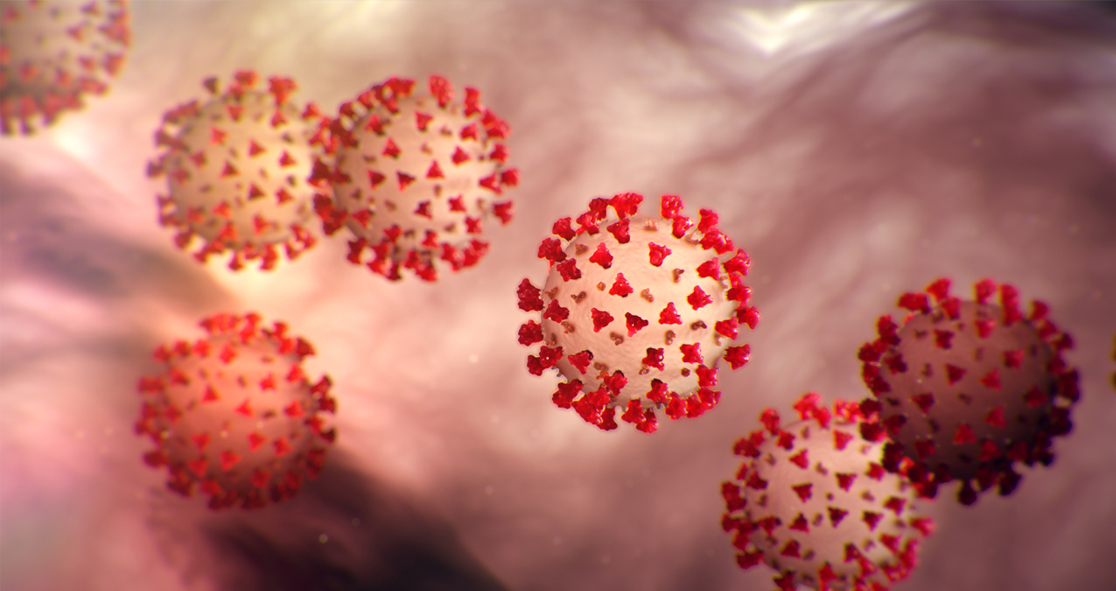A new study, published in The New England Journal of Medicine, has found that the coronavirus, a.k.a. COVID-19, remains stable for several hours on surfaces and in aerosols.
Researchers from the National Institutes of Health (NIH), CDC, UCLA, and Princeton University have found that severe acute respiratory syndrome coronavirus 2 (SARS-CoV-2) was detectable for up to three hours in aerosols, for up to four hours on copper, for up to 24 hours on cardboard, and up to three days on stainless steel and plastic.
The study findings suggest that people may catch the virus through the air and after touching the contaminated surfaces or objects.
The researchers compared how the environment affects SARS-CoV-2 and SARS-CoV-1, which causes SARS. SARS-CoV-1 is a close cousin of SARS-CoV-2.
SARS-CoV-1, like SARS-CoV-2, emerged from China and infected over 8,000 people in 2002 and 2003. Experts were able to eradicate SARS-CoV-1 through intensive contact tracing and isolation measures, with no cases reported since 2004.
The researchers found that the stability of both viruses was similar. However, it is unclear why COVID-19 has affected so many people than its close cousin.
The study authors deposited the virus from an infected person onto surfaces in a hospital and household setting through coughing or touching objects. And then they investigated and analyzed how long the virus remains stable on the surfaces.
The researchers explained that that people infected with SARS-CoV-2 (COVID-19) might be spreading the virus without recognizing the signs and symptoms, making disease control measures less effective than SARS-CoV-1.
In addition, most secondary cases of COVID-19 appear to be arising from community settings and not from healthcare settings. However, healthcare settings are also prone to the spread of COVID-19 because of its long-lasting stability in aerosols and on surfaces, contributing to the transmission of the virus.
Meanwhile, the researchers have recommended avoiding close contact with people who are sick, avoiding touching your eyes, nose, and mouth, staying home when you are sick, and covering your sneeze or cough with a tissue. Also, they advised cleaning and disinfecting frequently touched surfaces and objects using disinfectants.























